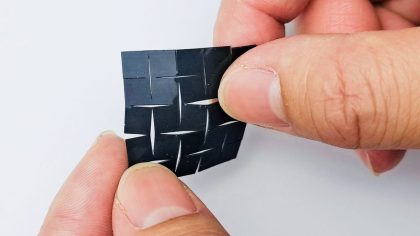Health: Jaide aims to reduce diagnostic errors with generative AI
• Artificial intelligence is not about to replace doctors, but it can help them to better manage patients by facilitating prediagnosis and more accurate symptom monitoring.
• We talk to Jean-Emmanuel Bibault, a professor of radiation oncology and the founder of the French start-up Jaide, which uses generative AI to improve the monitoring of cancer patients’ symptoms.
• Jaide offers a system to automate routine consultations, which generates clear and precise information for doctors while allowing them more time to focus on treatments and therapeutic solutions.
Read the article
• We talk to Jean-Emmanuel Bibault, a professor of radiation oncology and the founder of the French start-up Jaide, which uses generative AI to improve the monitoring of cancer patients’ symptoms.
• Jaide offers a system to automate routine consultations, which generates clear and precise information for doctors while allowing them more time to focus on treatments and therapeutic solutions.




Ethical AI and children: the benefits of a multi-disciplinary approach
Read the article
Search and rescue: drones that detect human voices under collapsed buildings
Read the article
Voice without vocal cords: a machine learning assisted device that enables patients to speak
Read the article
